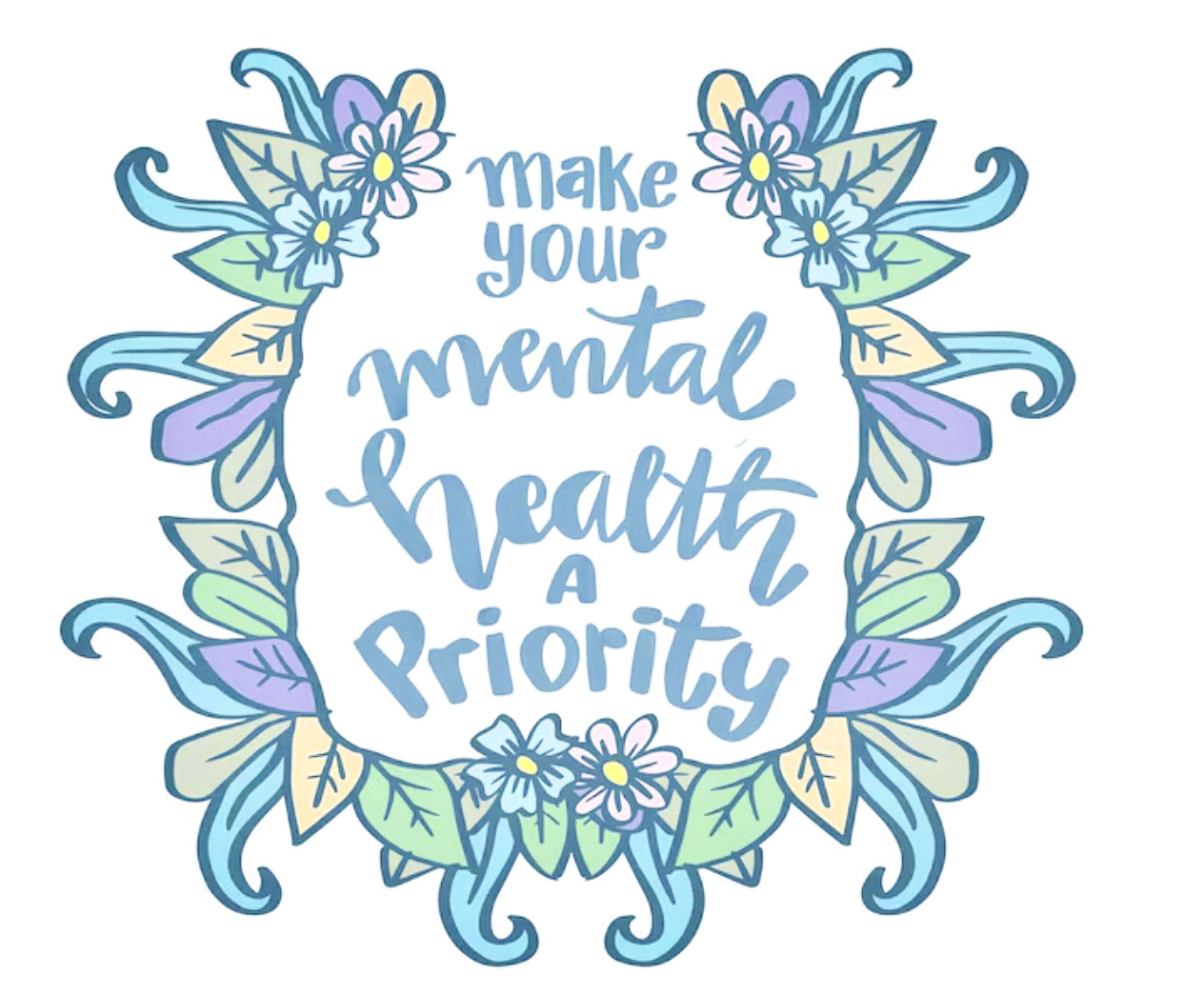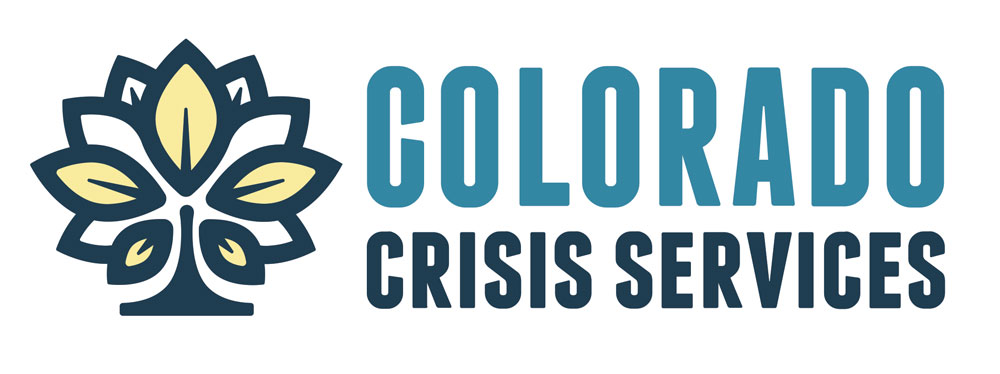May is Mental Health Awareness Month

May is Mental Health Awareness Month. Everyone’s mental health can benefit from simple tools such as mindfulness, meditation, nutrition, breath work and exercise.
The stigma around talking about mental health is lifting. And that is a positive since according to the Centers for Disease Control and Prevention, one in five people will experience a mental health condition in any given year, and everyone faces challenges in life that can impact mental health. Since May is Mental Health Awareness Month (MHAM), it is a good time to advocate for the mental health and well-being of everyone.
This year’s theme for MHAM is Where to Start: Mental Health in a Changing World. Anxiety disorders, depression and PTSD (post-traumatic stress disorder) are just a few of the challenges we experience today. It can be overwhelming to deal with everything from relationships, the pressures of work and school, to social media and current events.
“Everyone has anxiety; it serves a purpose,” said Jill Alexander, MA, MS, LPC, a counselor at Buffalo Ridge Elementary School and in private practice in Castle Pines. “It is valuable to listen to it and be able to identify if anxiety is keeping us safe in this situation or if it is really a time for us to push through something uncomfortable and overcome our anxiety.”
There are many ways to take action, learn coping skills and find connections to improve mental health. One place to start is the Mental Health America website (mhanational.org), which provides an in-depth mental health toolkit. There are educational tools; resources to build a coping toolbox to manage stress, difficult emotions and challenging situations; and a free, anonymous screening.
Everyone’s mental health benefits from working on mindfulness, yoga, nutrition, meditation, walking and breath work. Search the internet and YouTube for ideas, use an app, find a book, take a class or just aim for one minute of “being in the moment” per day, Jill suggested. Another tip is to find one breathing technique that works and practice it at night before going to bed, so when anxiety rises up, you have a readily available tool.
From her experience counseling children and families, Jill shared, “We are all so busy, but often kids just want us to listen; they want to be heard.” Jill suggested families try to have dinnertime together at the table with phones put away so they can truly be present for each other, the conversation and the food.
When problems arise, as they often do, Jill encourages parents to ask their children if they want help coming up with a plan to solve a problem or if they just want them to listen. Jill commented that a true crisis moment is different; in that case, she advised calling 911 to keep the child safe while getting help for them. Or, call the three-digit Suicide & Crisis Lifeline at 988.
For more information, visit mhanational.org/may and jalexandercounseling.com.
If you or someone you know could use help, keep in mind that schools have counseling for children; many workplaces have services available; and the Douglas County website has additional resources: douglas.co.us/mental-health.

If you are experiencing a mental health crisis, reach out to Colorado Crises Services at coloradocrisisservices.org or call (844) 493-8255 or text “TALK” to 38255.
By Lisa Nicklanovich